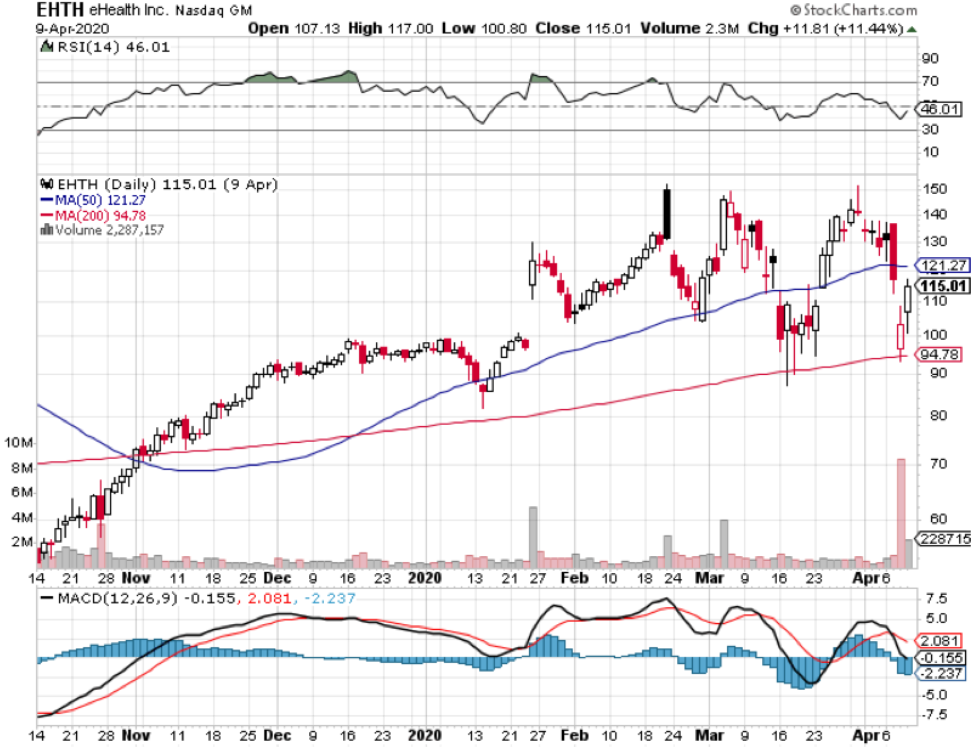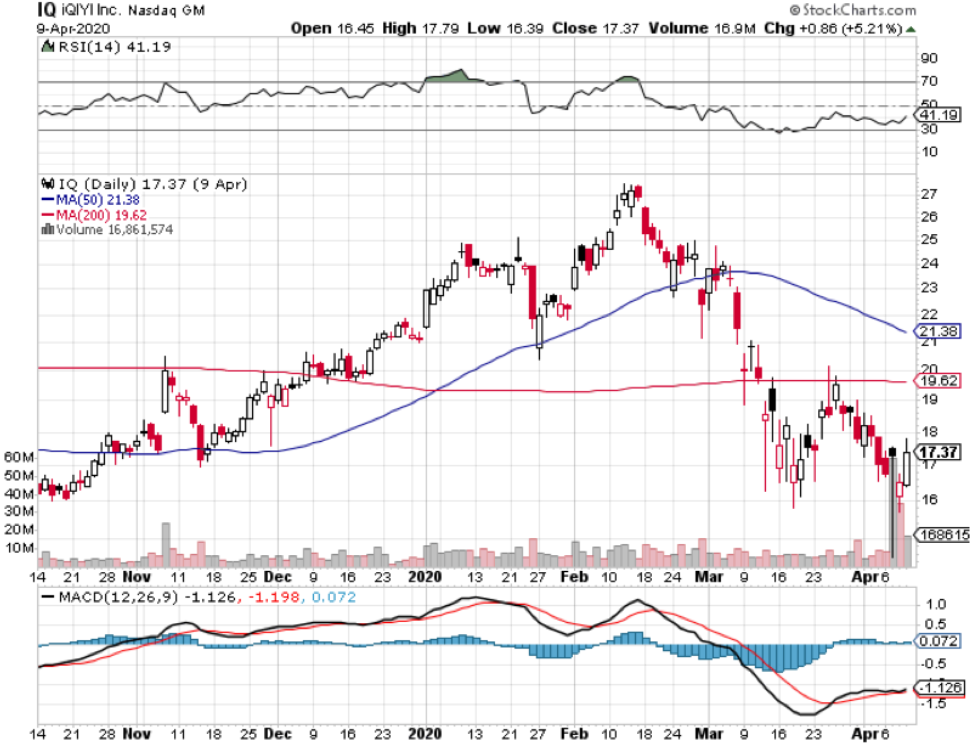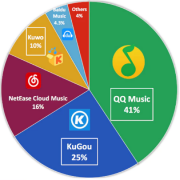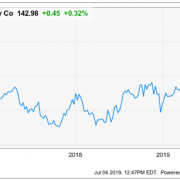The Best Short Plays in Tech
Fed’s Neel Kashkari described the path of the U.S. economy as a “long, hard road” boding ill for the tech sector. During economically unpredictable times, avoiding tech stocks that could be sinkholes is crucial to protecting a portfolio, which is why it's useful to consider the best short plays in tech.
One person I drop everything to listen to is Muddy Waters Research Founder and CEO Carson Block.
Block is best described as a short-seller, and his calls on allegedly fraudulent accounting practices in publicly traded Chinese companies are typically spot on.
Block has found another potential gem and he is willing to bet on it by acquiring a short position in eHealth, Inc. (EHTH) which owns a digital health insurance exchange.
His gripes revolve around shoddy management who hoped to “pump the stock,” and shares reacted by dropping more than 17% at last Wednesday’s open after Block’s premarket disclosure.
The second part of Block’s argument centered around artificial growth caused by higher TV marketing spend resulting in high churn rates.
His evidence derives from management manipulating its presentation of churn to be misleadingly low and booking multi-year 'tail' revenue at the end of each cohort's estimated life, which is extremely aggressive in light of the significantly elevated churn.
Block didn’t stop there, turning his attention to another Chinese tech company that is billed as the Netflix of China called iQIYI, Inc. (IQ).
Activist firm Wolfpack Research alleges that iQiyi “was committing fraud well before its IPO in 2018” on the Nasdaq, and it’s “continued to do so ever since.”
The Netflix of China has been fudging its numbers for quite a while and is the most egregious example of accounting fraud.
How do they do it?
The inflation of its barter transaction revenue. Barter sublicensing revenues are determined by IQ’s internal estimates of the value of the content it traded.
In other words, IQ’s management can effectively assign any value they want to these transactions, providing an easy opportunity to inflate revenues.
Based on the highest-end estimated value per non-exclusive episode provided by a former IQ employee involved in content acquisition, IQ would have needed to barter the licenses for ~3.9x and ~3.2x the total number of TV series episodes produced by all Chinese production companies to legitimately reach its reported barter revenues in 2018 and 2019, respectively.
IQ is a mature company and will turn 10 years old this month - yet has burned money for 10 consecutive years.
Even worse, losses are rapidly accelerating, unlike its growth and the company is doing more to mask their rotten core.
IQ lost around $1.5B in 2019, $170 million more than 2018.
Meanwhile, paying subscriber growth in 4Q19 hit a nadir at only 0.7%. IQ’s advertising revenue was also crashed -15% in 2019 and it still has a negative gross margin.
The Chinese consumer mindset is to never pay for digital content because they can just find it on the web for free, meaning digital streamers like IQ must go to extreme lengths to create “growth.”
The reverberation from the coronavirus is that tech investors are more risk adverse than ever and any whiff of illegality will scare them off.
Even though the Fed has basically swallowed every asset class we have with its latest move, that will not save the marginal tech companies with dishonest business models.
iQIYI, Inc. (IQ) and eHealth, Inc. (EHTH) are high-risk tech companies that readers should avoid like the plague.





